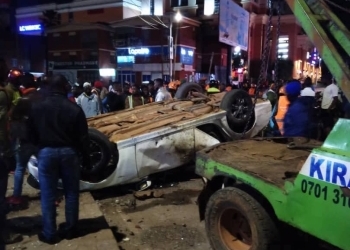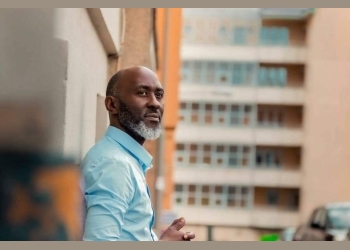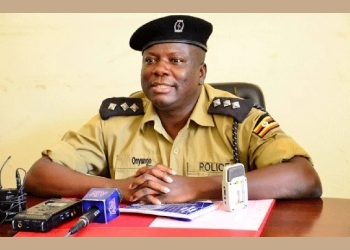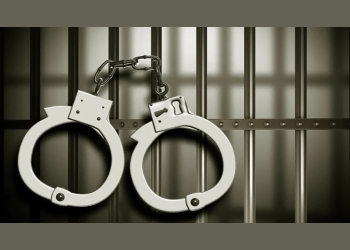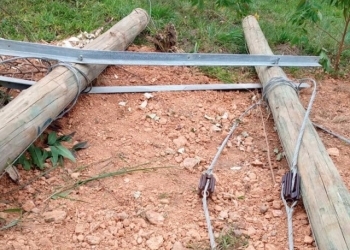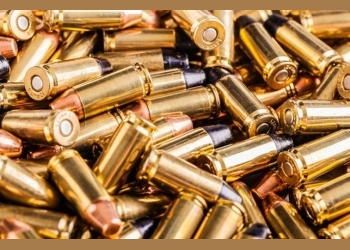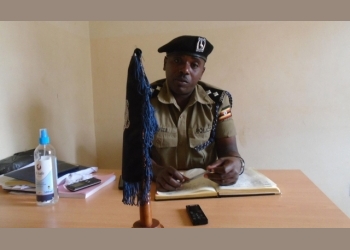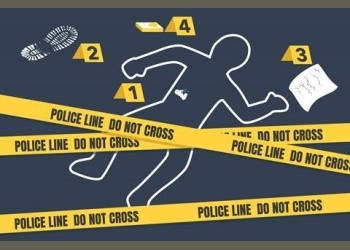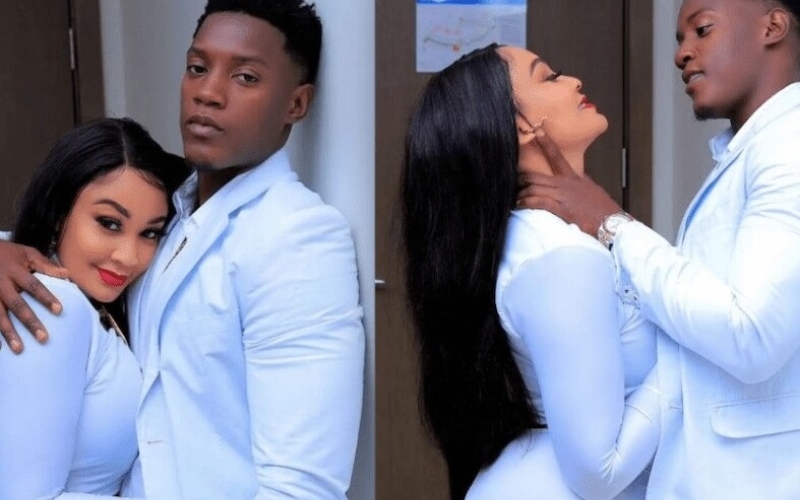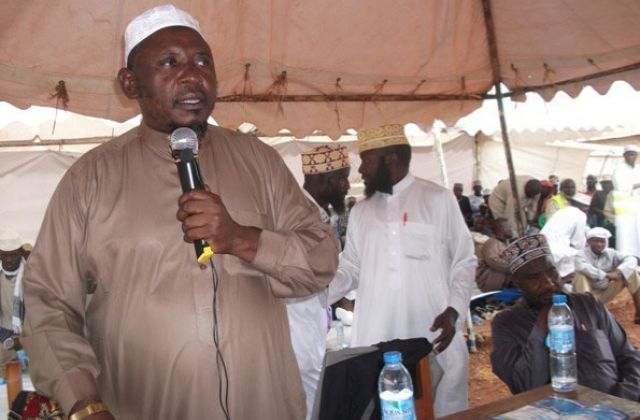
Sheikh Yunus Kamoga, the leader of the Tabligh sect and 13 other people, on trial for the murder of Muslim clerics, have a case to answer, the International Crimes Division of the High Court (ICD) has ruled that.
This morning, a panel of three justices led by Ezekiel Muhanguzi unanimously agreed that prosecution had presented sufficient evidence to warrant defence from the accused persons. The other members of the panel are Jane Kiggundu and Percy Tuhaise.
14 suspects and others still at large are accused of directing systematic attacks against the top Shia leader and Tabligh Muslims, which several clerics were killed.
Prosecution led by the Principle senior State Attorney Lino Anguzu has so far produced 36 witnesses pinning the accused. The last four witnesses however gave their statements in camera on request of prosecution.
"Court has been convinced by the testimony of the prosecution witnesses, and therefore found a prima facie case against all the 14. They therefore have a case to answer," read the ruling.
Prosecution alleges that the acts of the accused persons caused the death of Bahiga Mustapha, who was shot dead at Bwebajja along Entebbe Road; Sheikh Abdulqadir Muwaya, who was shot in Mayuge District and Ibrahim Hassan Kirya, who was killed in Bweyogerere, a suburb of Kampala.
They are also accused of indiscriminately involving themselves in the attempted murder of Umar Swadiq, Mahmood Kibaate, Haruna Jemba, Ssonko Najib and Prince Kassim Nakibinge. The crimes were allegedly committed between December 2013 and June 2015 in Kampala, Wakiso and Mayuge districts.
Those on trial include Sheikh Muhammad Yunusu Kamoga, Siraje Kawooya, Sekayanja Abdulsalaam alias Kassim Mulumba, Sematimba Abdulhamid Mubiru, Jingo Rashid, Sekitto Twaha, Kakande Yusuf alias Abdallah and Sheikh Murtadha Mudde Bukenya.
The others are Hakim Kinene Muswaswa, Amir Kinene, Sheikh Kalungi Fahad, Hamuza Kasirye, Musa Issa Mubiru and Iga George William alias Hamuza.
Earlier in the trial, a prosecution witness told the International Crimes Division of the High Court (ICD) that the late Mustafa Bahiga called out the name of Kamoga several times in his dying moments and kept asking why he had chosen 'that path'.
Her evidence seemed to be pinning Sheikh Yunus Kamoga, the leader of the Tabliq sect, one of the 14 suspects facing trial for masterminding attacks against senior Muslim clerics across the country.
Another witness, Dr Haruna Jjemba, a lecturer of Religion and Peace at Makerere University told the same court that the tension within the Muslim fraternity arose when Sheikh Kamoga refused to hand over the office of Amir Ummah after he was relieved of his duties by the Executive Committee of Jamiatul-Dawah Assalafiyah, a religious movement for propagating Islam.
Dr Jjemba told court that Kamoga had been accused of insubordination to the views and concerns of the executive committee, creation of small groups to fight each other, registering his personal organisation called UMMAH house and forcefully taking over the administration of different mosques.
Because of the differences that had emerged among themselves, Dr Jjemba told court that after some time, he and a group of other Muslims including the two slain leaders Mustafa Bahiga and Hassan Ibrahim Kirya, decided to break away from Sheikh Kamoga's leadership.



